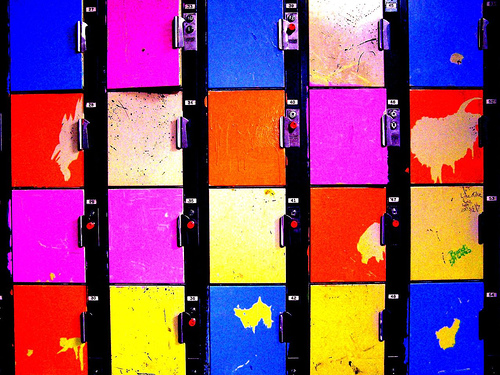
In the opening months of 2000, NBC Universal launched Oxygen, a new cable channel aimed at women. At the time, it aired a lot of syndicated reruns of television shows with female leads, such as Kate & Allie and Cybill, but also a lot of original programming.
Robin Epstein, a New York based writer, got a job as the head writer of one of those original shows. It was a quiz show called Clued In, in which the contestants were schoolgoing teenage girls.
She loved the idea of young women demonstrating to the world that they were knowledgeable, intelligent people, defying the stereotype of the ditzy teen girl. Part of her job was to write the questions the contestants would have to answer.
Epstein had heard about research suggesting that until the age of about eleven, girls and boys exhibit about the same inclination to raise their hands in class and answer the teacher’s questions. At age twelve or thirteen, girls tend to show a dramatic decrease in classroom studiousness. There was nothing to indicate that girls were less intelligent than boys, but it almost seems as if girls, at pre-teen age, begin to focus on not appearing smart or keen.
It was controversial view, and Epstein wanted to prove it wrong on national television.
That is not what happened. When the show aired, the questions weren’t particularly difficult for their grade levels, but the girls were getting very few of them right. This was very discouraging to Epstein — she felt that not only was she failing to show that these girls were as smart as anyone, but she was making them look dumb.
More of this story, and clips of the show itself, can be heard here on the long-running radio show This American Life. Host Ira Glass asks what she did when she realized the girls couldn’t answer most of the questions.
“You dumb down the questions,” Epstein said. “You give them things that anyone — anyone of any age, any mental capacity — could possibly answer.” Read More

 I'm David, and Raptitude is a blog about getting better at being human -- things we can do to improve our lives today.
I'm David, and Raptitude is a blog about getting better at being human -- things we can do to improve our lives today.
It all pretty the opposite if you're not in the US :) Since 2022 I've changed 3 countries and I'm planning to emigrate to the fourth one. I've had so much novelty and so many things to adapt to. However, time had never run so fast for me as in 2022...